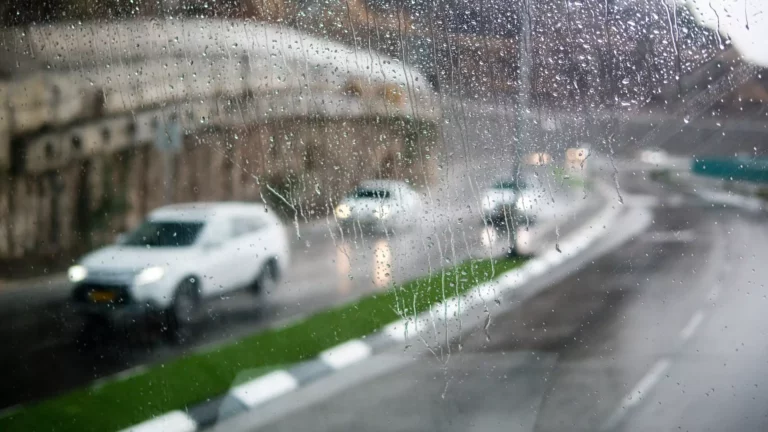How Does Auto Insurance Work In New Jersey?

At some point in our lives, there’s a reasonable chance we’ll be involved in an auto accident of some sort.
In the state of New Jersey, all drivers must have minimum auto insurance coverage for their vehicles. The required minimums are quite comprehensive as they cover bodily injury and property damage, as well as personal injury protection (PIP). Bodily injury liability provides coverage for any medical expenses that arise from an accident where you are at fault.
Property damage liability covers costs related to damages done to another person’s vehicle or property in an accident caused by you. Personal Injury Protection pays for any medical bills associated with injuries you sustain in a car accident regardless of who is at fault.
The limits for these types of coverage will vary based on your chosen policy but the state requires that each driver carry a minimum amount of coverage. This amount is typically split between two numbers, the first being the minimum amount of bodily injury liability coverage you need and the second being the minimum property damage liability coverage. The current New Jersey state-mandated limits are $15,000 per person/$ 30,000 total for bodily injury and $5,000 for property damage. In addition to these requirements, a driver must also maintain a personal injury protection policy with a minimum limit of $15,000.
It is important to note that these coverages do not cover your vehicle or any medical bills you incur from an accident where you are at fault. If you choose to add additional types of coverage such as collision or comprehensive there may be higher limits required than those listed above.
Having adequate auto insurance coverage is essential in the state of New Jersey and failure to do so can result in fines, license suspension, or even vehicle impoundment. Any driver needs to understand their state’s minimum requirements and make sure they meet them.
Additionally, it is recommended that drivers shop around to find an auto insurance policy with higher limits than those mandated by the state as this additional coverage can provide better protection in the case of a serious accident. Having adequate auto insurance not only helps protect you from financial losses but also can give you peace of mind when on the road.
It is important to take the time to understand your state’s requirements and explore the different types of coverage available so that you can make an informed decision. By taking these steps, you are ensuring that you and others are protected while on the road in New Jersey.
How much auto liability insurance does New Jersey law require?
New Jersey requires all drivers to carry a minimum amount of auto liability insurance. According to the New Jersey Department of Banking and Insurance, this includes $15,000 in bodily injury per person; $30,000 in bodily injury per accident; and $5,000 for property damage liability.
This is also referred to as 15/30/5 coverage. This coverage pays for medical bills or repairs resulting from an accident caused by the policyholder that is deemed to be their fault.
In addition, all motor vehicles registered in New Jersey must have uninsured motorist coverage (UMC). UMC covers costs related to an accident with an uninsured driver where the policyholder is not at fault. Drivers will be required to purchase a minimum of $15,000 per person and $30,000 per accident in UMC.
It is important to note that these are the minimum requirements for auto liability insurance in New Jersey. Drivers may choose to purchase additional coverage if they wish. Additionally, all drivers must also carry personal injury protection (PIP) coverage to cover medical expenses for injuries caused by a car accident, regardless of fault.
The minimum requirement for PIP is $15,000 per person with no maximum limit. Specific details regarding exact costs and coverage exclusions should be discussed with an insurance provider before purchasing a policy. Moreover, it is strongly recommended that drivers always keep proof of insurance in their vehicles when driving as any lapse in coverage is subject to fines.
Ultimately, it is important to be aware of the auto liability insurance requirements in New Jersey and make sure that you are adequately covered for any eventuality on the roads. Failure to meet these legal requirements can result in hefty fines, so it is important to shop around to ensure that you have the best coverage for your needs at an affordable price. With this information in hand, you can make an informed decision about your auto liability insurance policy when shopping for car insurance.
What does my auto liability policy cover?
Auto liability insurance is a key component of most car insurance policies. It helps to protect you from financial losses if you are found at fault in an accident that results in property damage or bodily injury to another person. Specifically, it covers the costs of repairs or replacements for any damaged property and medical expenses incurred by injured parties up to the limits of your policy.
In addition, it may also cover legal fees associated with defending yourself against a lawsuit related to an auto accident. It’s important to note that liability coverage does not protect repairs to your vehicle; this type of coverage must be purchased separately.
It’s important to understand the details of your auto liability policy so that you know what is covered and how much protection you have. Knowing this information can help you make decisions about how to handle an accident in the future.
Be sure to discuss coverage limits with your insurance agent or company representative so that you have a clear understanding of what is covered and what isn’t. This will ensure that you are properly protected in the event of an auto accident.
What are the consequences of driving without insurance in New Jersey?
Driving without auto insurance coverage in the state of New Jersey can have serious consequences. If you are caught driving without valid insurance, you could be subject to a fine of up to $5000 and may also face license suspension. Additionally, if you are involved in an accident without valid insurance, you may be held personally liable for any damages or injuries sustained by other drivers or passengers because of the incident.
Furthermore, your vehicle may be impounded until proper documentation is provided and fines
paid; this can incur additional fees that will need to be borne by you. In the worst cases, uninsured drivers can face criminal penalties depending on the severity of the offense. It is therefore important to always ensure that your vehicle has adequate coverage so that all parties involved can be properly protected in case of an accident.
How much car insurance do I need?
On average, the amount of auto insurance coverage that a New Jersey resident needs can vary depending on their circumstances. However, drivers in New Jersey need to have an adequate level of coverage to protect themselves from unforeseen liability. To determine how much coverage you need, consider your assets as well as any liabilities you may face in the event of an accident.
In New Jersey, all vehicles must carry a minimum level of Bodily Injury and Property Damage Liability (BI/PD) insurance. For BI/PD, which covers the costs associated with any injuries or damage sustained by another person due to your negligence while driving, the state requires a minimum of $15,000 per person and $30,000 per accident.
Additionally, drivers in New Jersey must carry Personal Injury Protection (PIP), which covers the medical expenses of anyone injured in an auto accident regardless of fault. The minimum PIP coverage required by the state is $15,000 for medical and rehabilitation expenses as well as $250,000 for income continuation benefits.
Lastly, drivers in New Jersey must also carry Uninsured/Underinsured Motorists Bodily Injury Insurance (UM/UIM). This coverage protects you if you are injured by a driver who does not have adequate insurance or any insurance at all. The minimum coverage limit required under this policy is $15,000 per person and $30,000 per accident. In addition to these compulsory coverages, drivers may also choose to purchase additional coverage such as comprehensive and collision, rental reimbursement, and gap insurance.
By having the proper amount of auto insurance coverage in New Jersey, you can ensure that you are well-protected in the event of an accident. Be sure to consider your circumstances when deciding on the right level of coverage for your needs. Speak with an expert if you have any questions about what type or how much insurance coverage is necessary. By doing so, you can rest assured knowing that both yourself and others are fully protected while on the road.
What if I was only partially at fault?
If you were only partially responsible for your New Jersey auto accident case, your insurance would respond differently than if you were solely at fault.
Depending on the degree of responsibility and other factors, your insurance company may take one or more of the following actions:
- Your insurer will pay a portion of the damages – typically up to an agreed-upon limit specified in your policy – to the other party involved in the accident. The amount paid out is based on your percentage of fault in causing the incident.
- If there are any legal fees associated with settling the dispute between you and the other driver, those costs will be covered by your insurance provider as well. This includes court costs and/or attorney’s fees.
- Your insurer may take steps to protect its financial interests, such as pursuing a lawsuit against the other driver to recover any money paid out. This is often done when there is a dispute over who was at fault or whether one of the drivers acted negligently.
- If your policy includes Uninsured/Underinsured Motorist Coverage (UIM), it will protect you if you are involved in an accident with another vehicle that does not have adequate insurance coverage to cover your damages. UIM will pay for any medical expenses, lost wages, and property damage up to a certain limit specified in your policy.
No matter how your insurance responds, you must follow through with all your obligations as outlined in the policy. This includes providing any necessary documentation, such as accident reports and medical bills, as well as working closely with your insurer throughout the entire process. By doing so, you can ensure that you get the coverage you need to cover any costs related to the accident.
Collision and comprehensive coverage
Collision and comprehensive auto insurance coverage are two important types of automobile insurance in New Jersey. Collision coverage pays for damage to your car caused by an accident, while comprehensive coverage protects against risks including theft, vandalism, flooding, and other non-accident-related damages.
Both types of coverage are optional but highly recommended for all drivers in New Jersey. When choosing a policy, it is important to consider both the amount of coverage needed as well as the levels of deductibles being offered. Deductible amounts will be dependent on the type of vehicle being insured as well as your driving experience and history.
The cost of collision and comprehensive auto insurance in New Jersey will vary from provider to provider, so it is important to compare policies from different insurers. It is also important to consider optional coverage such as rental car reimbursement, uninsured motorist coverage, and emergency road service. By purchasing the right levels of coverage for you and your vehicle, you will be better protected against any potential damage that can occur while on the road.
In New Jersey, drivers must carry a minimum amount of liability insurance to legally operate a vehicle. Liability coverage pays for damage caused by an accident in which you are found at fault. The minimum required amounts are $15,000 per person/$ 30,000 per accident bodily injury liability and $5,000 property damage liability. However, it is recommended that motorists purchase higher limits if their financial situation allows for it.
In summary, New Jersey drivers need to become familiar with the types of auto insurance coverage available so that they can choose the right levels of protection for themselves and their vehicles. By purchasing collision and comprehensive coverage, you can be sure that your car will be fully protected in the event of an accident or other damage. Furthermore, by taking time to compare policies from different providers, you can find a policy that fits both your budget and needs. Ultimately, having the right coverage in place can help ensure peace of mind while on the road.
Related Blogs
No Fee Unless
GGL Wins
We've got you covered.
We are available 24/7/365
One of our advisers will contact you.

OFFICIAL PARTNER OF RUTGERS ATHLETICS



Recent GGL Wins
Auto Accident
Mediation award Plaintiff was injured in an intersection motor vehicle collision resulting in neck and lower back fusion surgeries.
$2 Million
Verdict
Workers Compensation
25-year-old laborer died in an industrial accident while working.
$1.15 Million
Verdict
Construction Accident
Roofer fell off roof causing head trauma resulting in a head injury. Plaintiff was not given fall restraint protection equipment by contractor.







